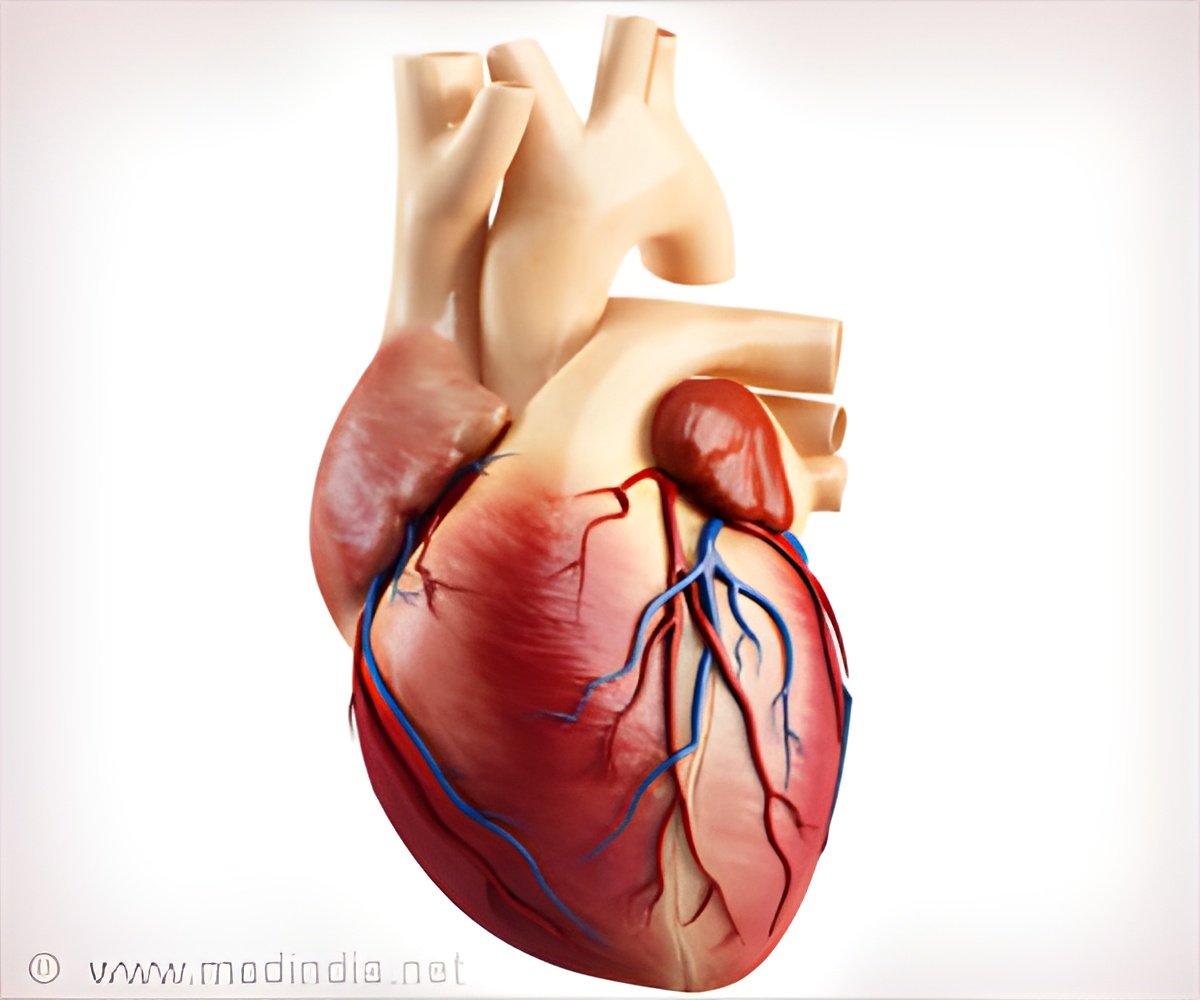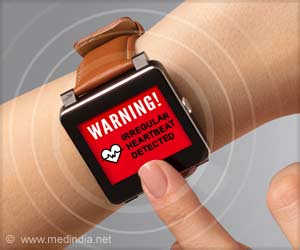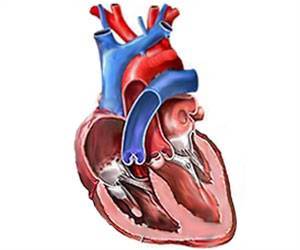
‘BTX (botulinum toxin), a potent inhibitor of neural transmission that is used to reduce facial wrinkles can suppress postoperative atrial fibrillation in cardiac surgery patients.’
Tweet it Now
BTX is best known for its use in temporarily reducing facial wrinkles. The global cosmetic market for BTX was estimated at the US $3.4 billion in 2015. It is also used to treat some neurological disorders including excessive sweating and eye muscle disorders.In a randomized placebo-controlled longitudinal study of 60 patients undergoing coronary artery bypass graft surgery, patients who received BTX injections during surgery showed a sustained reduction in the incidence and overall burden of atrial fibrillation (AF) over three years of follow-up, accompanied by a reduced need for hospitalization. BTX was injected into each of the epicardial fat pads near each pulmonary vein.
Senior investigator Jonathan S. Steinberg, MD, of the Heart Research Follow-up Program, University of Rochester School of Medicine & Dentistry, Rochester, NY, USA, explains, "This study tested the hypothesis that interruption of cardiac neural traffic by BTX could undermine the pathologic processes that promote AF after cardiac surgery. In two previous publications, the study group has shown significant reductions in early postoperative AF up to 30 days, but also sustained a reduction of AF out to one year."
In the current study, AF events were captured by implantable cardiac monitors in all patients. The incidence of AF was reduced by 64 percent in patients who received BTX. Further, the overall burden of AF was reduced five- to nine-fold in each year of follow-up. Over three years, the number of patients who required hospitalization for AF, the total number of hospitalizations, and the need for drug therapies or additional procedures were all reduced in the BTX group.
"The results of our studies suggest a new approach to the treatment of AF," says Dr. Steinberg. "The sustained reduction of AF, now demonstrated over three years, was notable and a bit of a surprise. We believe that autonomic remodeling was interrupted and the predisposition to AF was reset as a result of BTX injection." The BTX concept could also be tested in non-postoperative patients in future studies, extending the treatment paradigm of neuromodulation as a stand-alone or supplemental antiarrhythmic strategy, which may potentially be applicable to the many other clinical contexts in which AF appears.
Advertisement
In the second trial reported in this issue, Nathan H. Waldron, MD, MHS, of the Department of Anesthesiology, and colleagues at Duke University, Durham, NC, USA, randomized 130 patients to receive an injection of either 250 units of botulinum toxin type A (BoNTA) or saline in epicardial fat pads containing autonomic ganglia after the start of cardiopulmonary bypass, but before the surgical procedure. They assessed the occurrence of POAF with continuous telemetry during postoperative hospitalization. There was no increase in complications after cardiac surgery, but the procedure did not result in a statistically significant reduction in the risk of POAF. The investigators consider this may be due to inadequate power to detect a modest, but clinically meaningful, the impact of BoNTA.
Advertisement
"The patients treated with toxin had an 11 percent lower risk of postoperative AF that did not meet statistical significance, so a larger, adequately powered trial is something that is needed to provide a clearer picture," adds senior author Jonathan P. Piccini, MD, a member of the Duke Clinical Research Institute (DCRI), Durham, North Carolina, USA.
In an accompanying editorial, Joris R. de Groot, MD, Ph.D., of the Department of Cardiology, Heart Center, Amsterdam University Medical Centers, University of Amsterdam, The Netherlands, examines the different outcomes of the two studies and points out some key differences. For example, the first study included only coronary artery bypass grafting (CABG) patients, whereas the second study also included patients undergoing valve or combined surgery. The atrial sizes were also different between these studies.
"Studies with botulinum toxin type A injection into the ganglion plexi remain confined to patients undergoing open-chest surgery, and a larger scale clinical trial with botulinum injection into the ganglion plexi in CABG patients is on the way," Dr. de Groot comments. "For AF treatment or suppression in patients not undergoing thoracotomy, nonthermal ablation appears a promising approach that proved tissue-specific, and merits further clinical investigation."
Source-Eurekalert















